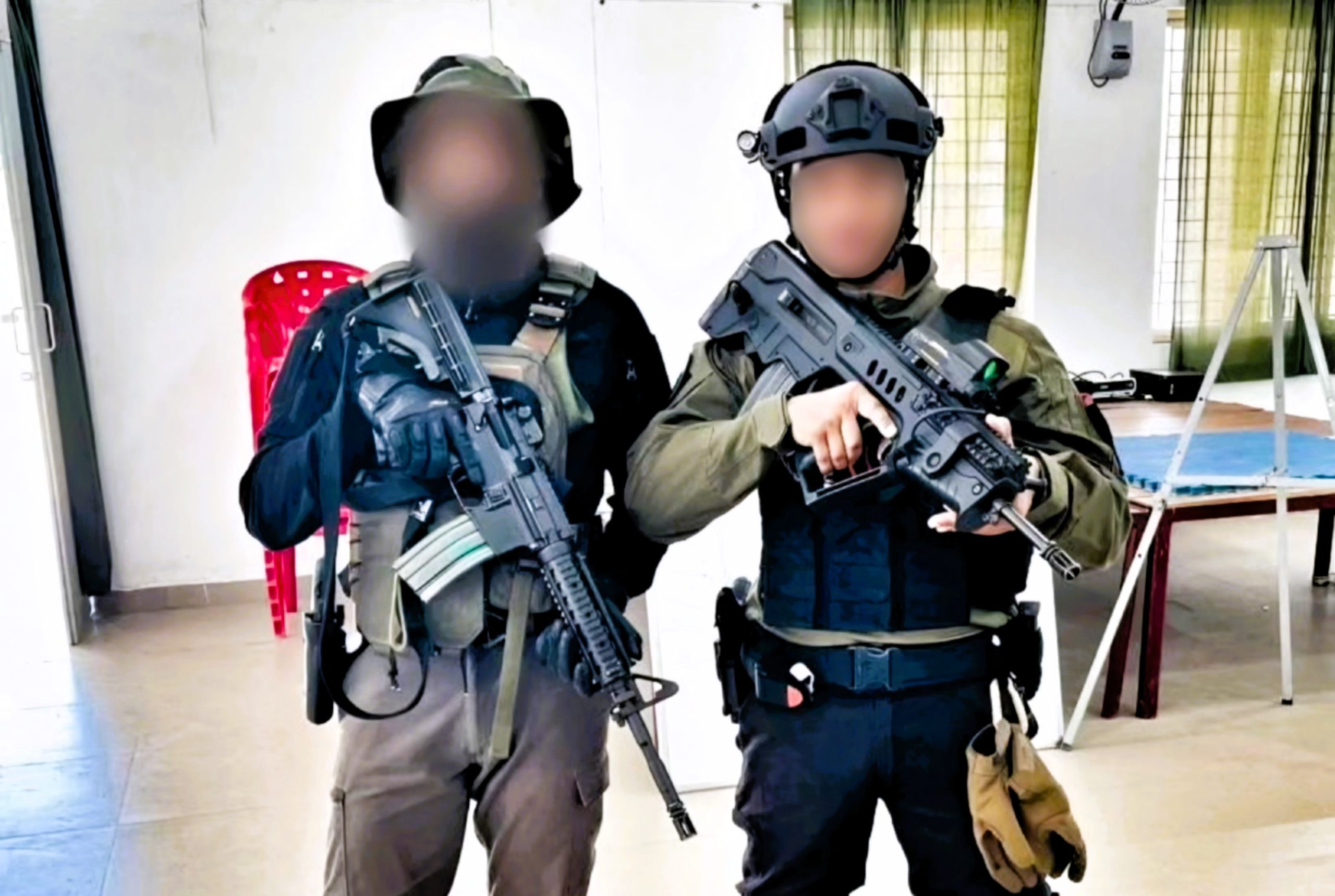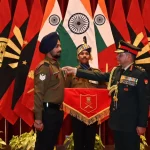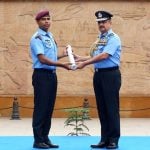Army officers play a vital role in ensuring the safety and security of a nation. They are responsible for leading troops, making critical decisions, and maintaining discipline within the ranks. The life of an army officer is filled with challenges, sacrifices, and a commitment to serving their country. In order to excel in their duties, army officers follow a set of essential rules that guide their behavior and actions. These rules shape their character, instill discipline, and create a strong foundation for effective leadership. In this article, we will explore the ten essential rules followed by army officers and understand why they are crucial for success in the military.
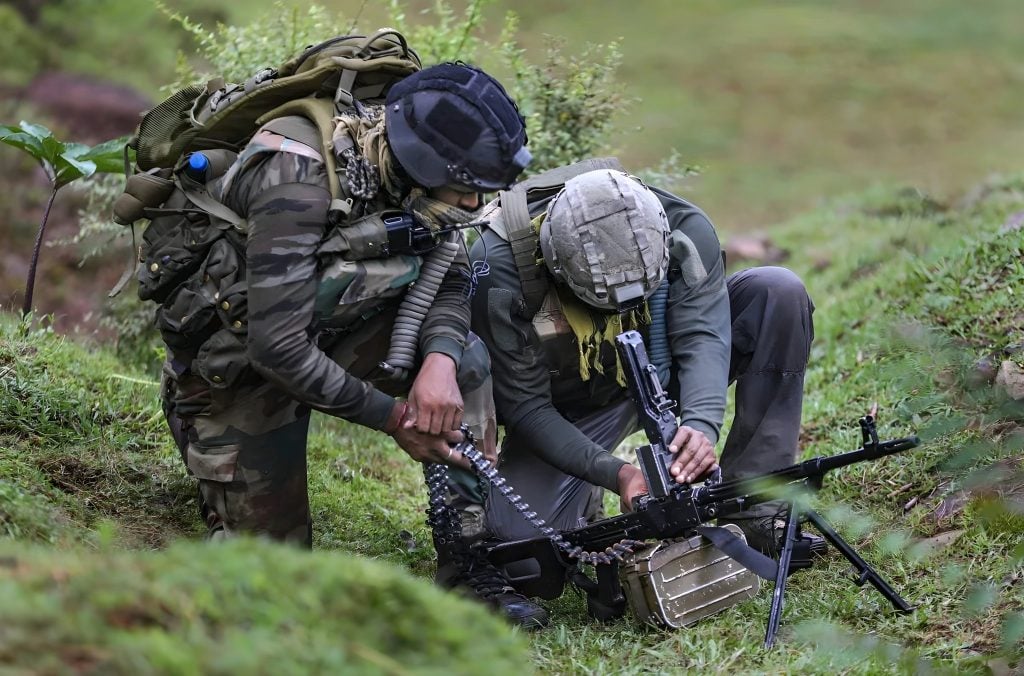
Importance of discipline in the military
Discipline is the backbone of the military. It is the key to maintaining order, ensuring efficiency, and achieving objectives. Army officers understand the significance of discipline and set an example for their troops by following the rules themselves. The first rule that all officers adhere to is respect and obedience. This means showing respect to superiors, peers, and subordinates, and obeying orders without question. Respect and obedience create a culture of trust and unity within the military, enabling officers to lead effectively and soldiers to work cohesively as a team.
Rule #1: Respect and obedience
Respect and obedience are the cornerstone of military life. Army officers are trained to respect the chain of command and follow orders promptly and diligently. This rule ensures that there is a clear line of authority and that decisions are made and implemented efficiently. By showing respect to their superiors, officers earn the trust and confidence of their leaders, which is crucial for career progression and gaining additional responsibilities. Additionally, officers must also respect their subordinates, recognizing their contributions and valuing their opinions. This fosters a positive work environment and encourages teamwork and collaboration.
Rule #2: Integrity and moral values
Integrity is a core value that every army officer possesses. It means being honest, ethical, and upholding moral principles in all aspects of life. Officers are expected to lead by example and maintain the highest standards of integrity. They must make decisions based on what is right, even if it is not the easiest or most popular choice. Integrity builds trust among soldiers and ensures that officers are respected and followed. It also creates a sense of fairness and justice within the military, making it an institution that upholds the highest moral values.
Rule #3: Physical fitness and self-discipline
Physical fitness is not just a personal choice for army officers; it is a necessity. Being physically fit is crucial for performing the demanding tasks and duties required in the military. Officers must be able to lead by example and maintain a high level of fitness to inspire their troops. Physical fitness also instills self-discipline, as it requires dedication, perseverance, and a strong work ethic. Army officers prioritize their health and fitness, understanding that it directly impacts their ability to lead effectively and succeed in their missions.
Rule #4: Effective communication and teamwork
Effective communication is vital in the military, where clear and concise information can be a matter of life or death. Army officers are skilled communicators, able to convey their intentions, expectations, and instructions effectively to their troops. They also listen attentively, ensuring that they understand the needs and concerns of their subordinates. This fosters a culture of open communication and transparency, where ideas are shared, problems are solved collectively, and teamwork thrives. Army officers understand that they cannot accomplish their missions alone and rely on the collective effort of their team.
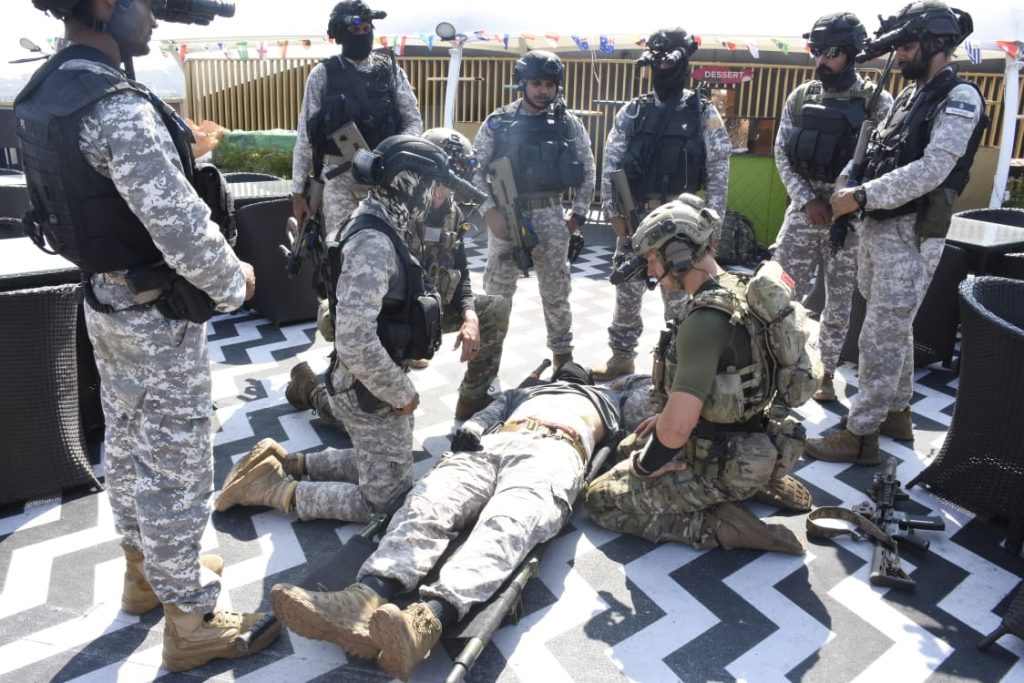
Rule #5: Continuous learning and professional development
Army officers are lifelong learners. They understand the importance of continuously improving their skills, knowledge, and expertise. Through professional development programs, training courses, and self-study, officers stay updated with the latest advancements in military tactics, technology, and leadership principles. They strive to be at the forefront of their field, capable of making informed decisions and adapting to evolving challenges. Continuous learning also enables officers to mentor and groom the next generation of leaders, ensuring the perpetuation of excellence within the military.
Rule #6: Adapting to change and being flexible
The military operates in a dynamic and ever-changing environment. Army officers must be adaptable and flexible, able to quickly adjust their plans and strategies in response to new circumstances. They understand that rigidity and resistance to change can lead to failure. Being open-minded and receptive to new ideas and perspectives allows officers to think creatively and find innovative solutions to complex problems. Flexibility also fosters agility, enabling officers to respond swiftly to unexpected situations and overcome obstacles with resilience.
Rule #7: Leadership and decision-making
Leadership is at the core of an army officer’s role. Officers are responsible for guiding and inspiring their troops, making tough decisions, and ensuring the mission’s success. They lead by example, demonstrating courage, determination, and professionalism. Army officers understand that leadership is not just about giving orders but also about listening, understanding, and empowering their subordinates. They are decisive, able to make tough choices under pressure, and take responsibility for the consequences of their decisions.
Rule #8: Accountability and responsibility
Accountability and responsibility go hand in hand for army officers. They are accountable for their own actions, as well as those of their troops. Officers take ownership of their decisions and accept the consequences, whether they are positive or negative. They ensure that their soldiers are well-trained, equipped, and supported, and they hold themselves responsible for the welfare and success of their subordinates. Accountability creates a culture of trust and reliability within the military, where officers and soldiers can depend on each other to fulfill their duties.
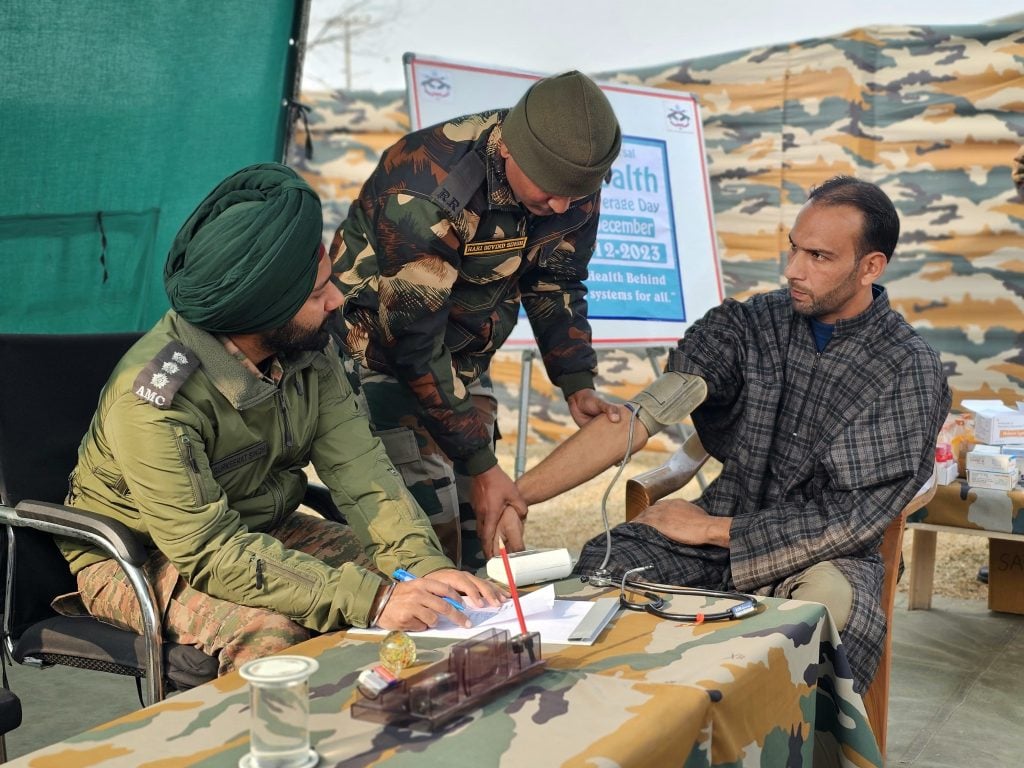
Rule #9: Time management and efficiency
Time management is crucial in the military, where every second counts. Army officers are skilled at prioritizing tasks, allocating resources, and making the most of their available time. They understand the importance of being punctual and meeting deadlines, as delays can have severe consequences in a mission. Effective time management also allows officers to balance their personal and professional lives, ensuring that they have the energy and focus needed to fulfill their responsibilities.
Rule #10: Serving with honor and selfless commitment
The final rule followed by army officers is serving with honor and selfless commitment. Officers dedicate their lives to the service of their country, putting the needs of others before their own. They are willing to make sacrifices and endure hardships for the greater good. Serving with honor means upholding the values of the military, acting with integrity, and maintaining the highest ethical standards. Army officers embody selfless commitment by being dedicated to their troops, their mission, and the defense of their nation.

The ten essential rules followed by army officers are the foundation of their success and the key to maintaining a strong and effective military force. These rules ensure discipline, instill values, and shape the character of officers. By following these rules, army officers create a culture of respect, trust, and unity, enabling them to lead effectively and accomplish their missions. They serve as role models for their troops, inspiring them to uphold the same principles and values. The rules followed by army officers are not just guidelines; they are the essence of military life and the driving force behind the defense of a nation.
Joining the military is a noble and honorable path. If you are inspired by the dedication and commitment of army officers, consider exploring a career in the military. It is a journey that will challenge you, shape your character, and provide you with opportunities for personal and professional growth. Take the first step and learn more about the requirements and opportunities available in the military.

